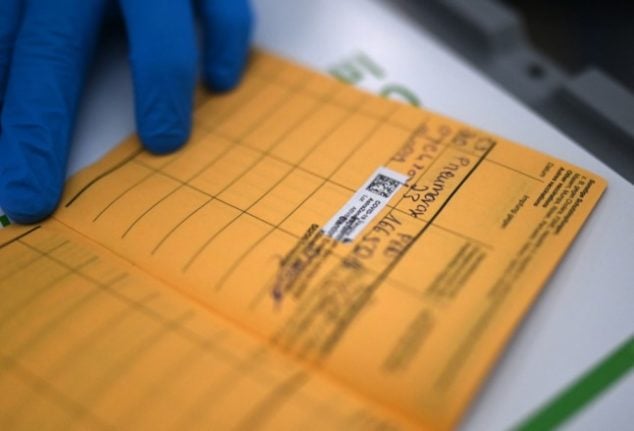The superior regional court in Munich said in a statement that it had agreed to hear the case brought by public prosecutors in July and that proceedings would start on March 10.
"The 61-year-old president of FC Bayern is accused by Munich prosecutors of tax evasion," the court said.
"No details on the allegations can be released due to the special secrecy requirements in tax trials before the charges are read in the public hearing."
In a statement, the club's supervisory board said it was in "mutual agreement" that Hoeness will remain in office.
Following an independent inquiry by legal experts, the board has been advised it does not have to request Hoeness' resignation from a legal point of view.
The former 1974 World Cup winner with West Germany has vowed to work tirelessly to convince the court of his innocence.
"I will work hard in the next four months to make sure our arguments are convincing in front of the court," Hoeness defiantly told magazine Sport Bild.
"I am surprised my amended returns have not being accepted by the authorities."
Prosecutors brought the charges against the powerful president of European champions Bayern after a high-profile probe, spanning several months, which has rocked German sport and politics.
Hoeness, a senior figure in European football, was arrested on March 20, then released on five million euros ($6.8 million) bail, as part of an investigation into unpaid taxes on a Swiss account in his name.
He admitted in a magazine interview published in April that he had stashed millions of euros away from the German taxman thanks to Switzerland's bank secrecy laws.
Hoeness said he had at first turned himself in to authorities in January over an unspecified amount of unpaid taxes.
He had originally hoped to come forward under an expected German-Swiss tax accord which would have allowed him to settle the matter anonymously with a one-off payment, he told the Focus news weekly.
But Germany's opposition Social Democrats (SPD) torpedoed the measure on the grounds that it unfairly offered criminal amnesty to tax dodgers.
The SPD is currently in negotiations with Chancellor Angela Merkel's conservatives about forming a new "grand coalition" government following September elections, which could see a revival of the bid to forge a tax accord with Switzerland.
Hoeness also draws income from a successful sausage company.
The amount of money he has stashed in the Swiss account, and the taxes owed, were unclear as he and prosecutors have stayed quiet on the details, but were reported to be in the millions of euros.



 Please whitelist us to continue reading.
Please whitelist us to continue reading.
Member comments